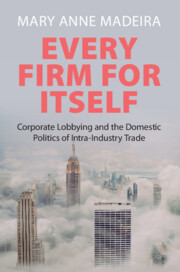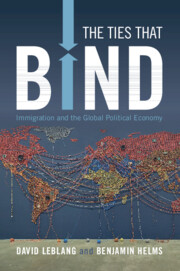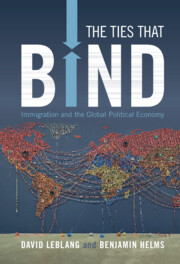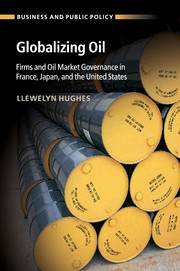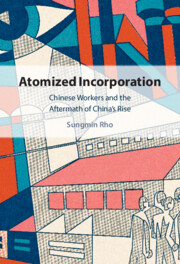Every Firm for Itself
Economists have modelled the economic rationale for intra-industry trade, yet political scientists largely have neglected it until recently. Every Firm for Itself explores how dramatic shifts in the way countries trade have radically changed trade politics in the US and EU. It explores how electorally minded policymakers respond to heavy lobbying by powerful corporations and provide trade policies that further advantage these large firms. It explains puzzling empirical phenomena such as the rise of individual firm lobbying, the decline of broad trade coalitions, the decline of labor union activity in trade politics, and the rising public backlash to globalization due to trade politics becoming increasingly dominated by large firms. With an approach that connects economics and politics, this book shows how contemporary trading patterns among rich countries undermine longstanding coalitions and industry associations that once successfully represented large and small firms alike.
- Helps readers understand the political effects of the predominant form of trade in today's global economy
- The first monograph on the domestic politics of intra-industry trade
- Walks readers through the entire political economy of intra-industry trade from societal preferences to policy outcomes
Reviews & endorsements
‘International trade has risen to the top of the world’s political and policy agendas. This makes it especially important to understand the politics of trade policy, especially in the developed countries that dominate the international trading system. In Every Firm for Itself, Mary Anne Madeira highlights the centrality of intra-industry trade to today’s international economy. She draws upon modern firm-based trade theory to argue that intra-industry has changed the nature of trade politics, and applies her argument to the United States and the European Union. The book is essential reading for anyone who wants to understand contemporary trade politics and policy.’ Jeff Frieden, Columbia University
‘Madeira moves us beyond factoral and sectoral models to explore the firm-specific political implications of 'new-new trade theory'. Her subtle and sophisticated analysis convincingly resolves such puzzles as why lobbying is one-sidedly pro-trade, why non-tariff barriers rose even as tariffs declined, and - not least - how seemingly innocuous intraindustry trade has provoked rage against elites. Madeira’s impressive book is a ‘must-read’ for all students of international political economy.’ Ron Rogowski, University of California, Los Angeles
Product details
August 2025Paperback
9781009651264
236 pages
228 × 152 mm
Not yet published - available from July 2025
Table of Contents
- 1. Introduction
- 2. The rise of intra-industry trade in the postwar trading regime
- 3. The domestic politics of intra-industry trade: a theoretical model
- 4. Cleavage and coalition in US trade politics
- 5. Lobbying over trade policy in the European Union
- 6. Intra-industry trade and protection in developed democracies
- 7. The politics of TPP and TTIP in the United States
- 8. Conclusion
- Appendices.

